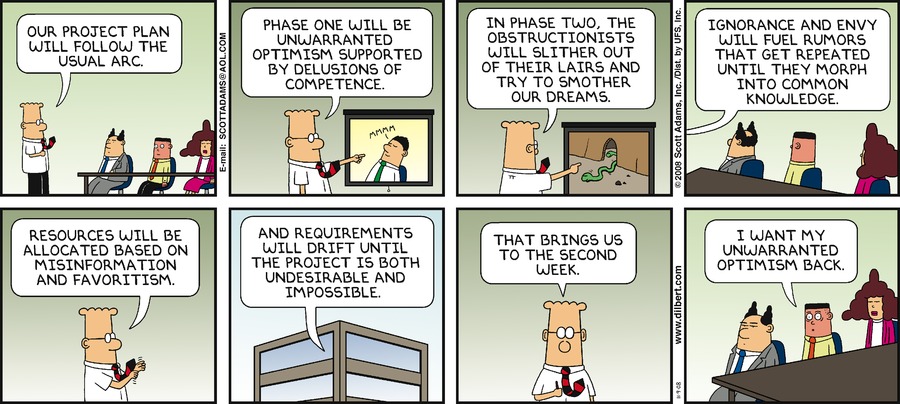No such thing as a pristine project
Anyone can write a lessons learnt report for a project, but to really make your achievements and failures count, lessons need to be sustainable.
New Year’s resolutions often make fools of us. One year a friend of mine, in an act of defiance, resolved not to make any resolutions, seemingly oblivious to the irony of his vow or perhaps too tipsy to acknowledge its self-defeating nature.
That’s not the only thing a New Year has in store, however. A New Year is like a promise of a clean slate, a way to go forward without the baggage of the last year, the last decade or even the last millennium if my memory of the year 2000 and its aftermath serves me correctly. It’s as if the flip of a date resets time itself. It’s also a dangerous way to think. If we simply erase the past—its successes and failures alike—we are like babes in the woods, exposing ourselves to the unexpected.
It is the same with any new project. There’s the unwarranted optimism that accompanies the blank page where the business case will go, the empty Gantt chart that isn’t complicated yet and the energy and enthusiasm of a fresh team. Why did you write lessons learnt at the end of your last project? Ideally it is so you (and/or the organisation) can take them forward into the next one. Knowing without practising what you know is not a useful form of learning!
By all means refresh yourself at the turn of a new year but leave New Year’s amnesia to the amateurs. To truly learn, to truly grow, you need to remember and apply what you learnt from your triumphs and mistakes. As philosopher George Santayana famously said: “Those who do not remember the past are condemned to repeat it.”


